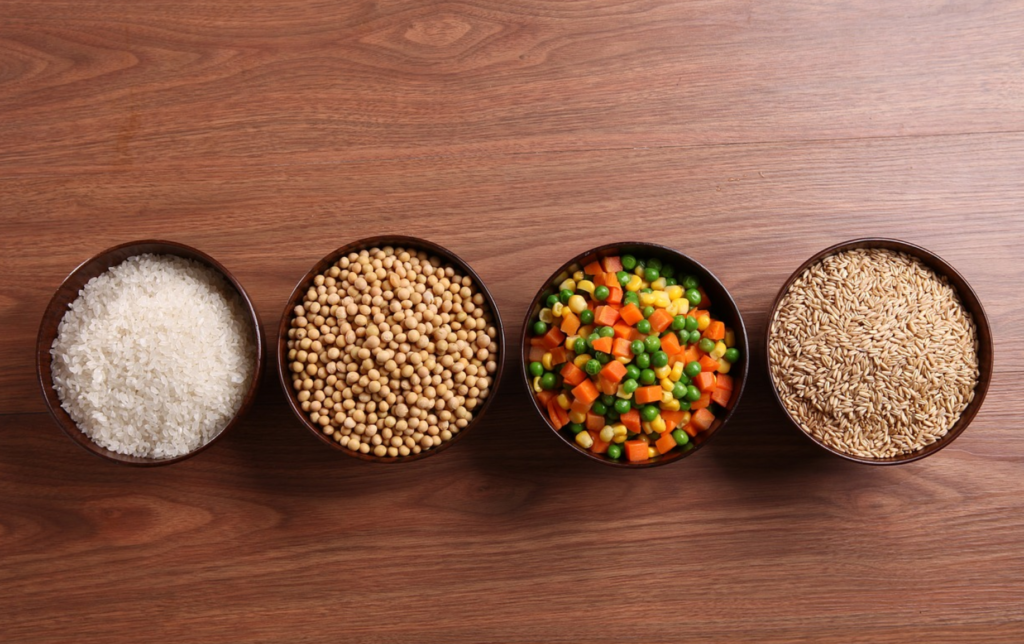Why Stress Is the Next Big Public Health Crisis
Stress is the next big public health crisis, with a global cost of an estimated $2 trillion annually. These costs are not just monetary but also the negative effects on our physical and mental health.
In order to further reduce the impact of stress, we need to educate people about its effects on our body and emotions. We also need to build infrastructure around it so people can take time out for themselves and manage their stress levels without consequence or consequences.
A study was done by the American Psychological Association that showed that nearly two-thirds of Americans regularly experience some level of stress in their daily lives, with a third saying they experience extreme stress at least once a week. Furthermore, over half (51%) said they have no coping skills for dealing with stressful events/situations.
How to Reduce Stress with Food - Top 10 List of Best Foods for Stress Relief
Exercise can be a great way to relieve stress. However, people who are on the run or have busy schedules find it hard to fit in a workout. We share our top 10 list of foods that can help reduce stress. These foods are not only nutritious and healthy, but they also taste good too!
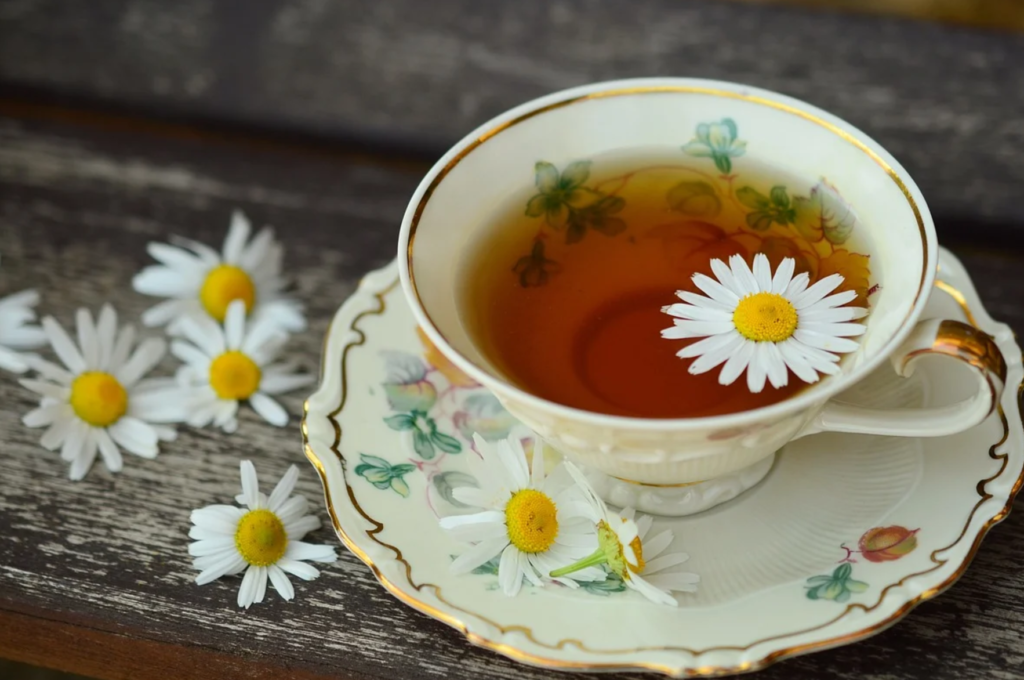
1. Drinking herbal tea can give you a feeling of warmth and calmness.
Some people find the experience of drinking warm beverages, like tea, nice or relaxing. Often they can reduce stress and feelings of fatigue set in from work.
A meta-analysis conducted in 2017 suggests that holding and sipping a warm beverage increases feelings of interpersonal warmth, friendliness, and sociability. Sipping a warm drink can have you feeling relaxed and calm, no matter what flavor you choose. Certain herbs, like lavender and chamomile, can often make us feel better even without our considering their flavor.
Last year's research has shown that they can help protect neurons against injury, suppress inflammation, and promote learning&memory according to their previousstudy.
Green tea contains less caffeine. This is why it can be a preferable choice to black coffee, if that's what you are looking for.
Coffee, tea, and dark chocolate contain compounds known as flavonoids which have been found to be good for your health. One such example is epigallocatechin-3-gallate (EGCG). However, it’s better to not drink coffee or tea in the afternoon so that you can sleep better at night.
2. Dark chocolate offers a tantalizing taste of antioxidants and health benefits that make it an indulgence worth enjoying.
Dark chocolate has multiple effects on the body, including its chemical impact and its emotional impact. The feelings of indulging in these small doses can help to reduce stress levels despite the filling nature of it.
Dark chocolate, rich in antioxidants and linked with a reduction in stress hormones, may have benefits. They recommend a daily intake of about 1.5 ounces (oz) per day for two weeks. Also, make sure that the bar doesn’t contain an unnecessary surplus of added sugar. Dark chocolate is pricey but it provides a great flavor. It's also important to consider purchasing from "bean-to-bar" companies to ensure you're getting the best quality ingredients and in-house control of the final product.
3. Whole grains provide a mood-boosters carbs and are ideal for those looking to indulge. Avoiding refined carbs can also help you stay in shape.
Carbohydrates can temporarily increase levels of serotonin, a hormone that boosts mood and reduces stress. Stress causes people to have a hard time focusing on their tasks. The more serotonin levels are increased, the better you are able to carry out tasks.
Make sure to choose healthy, unrefined carbohydrates, such as sweet potatoes and whole grains, for better nutrition while limiting simple carbs like cookies, cake and other “refine” foods.
Harvard School of Public Health recommends that you eat minimally refined carbs such as those from vegetables, fruit, and healthy whole grains instead.
Whole rye, buckwheat, and brown rice are remarkably high in fiber. Fiber has also been linked to improved microbial diversity in the gut microbiome.
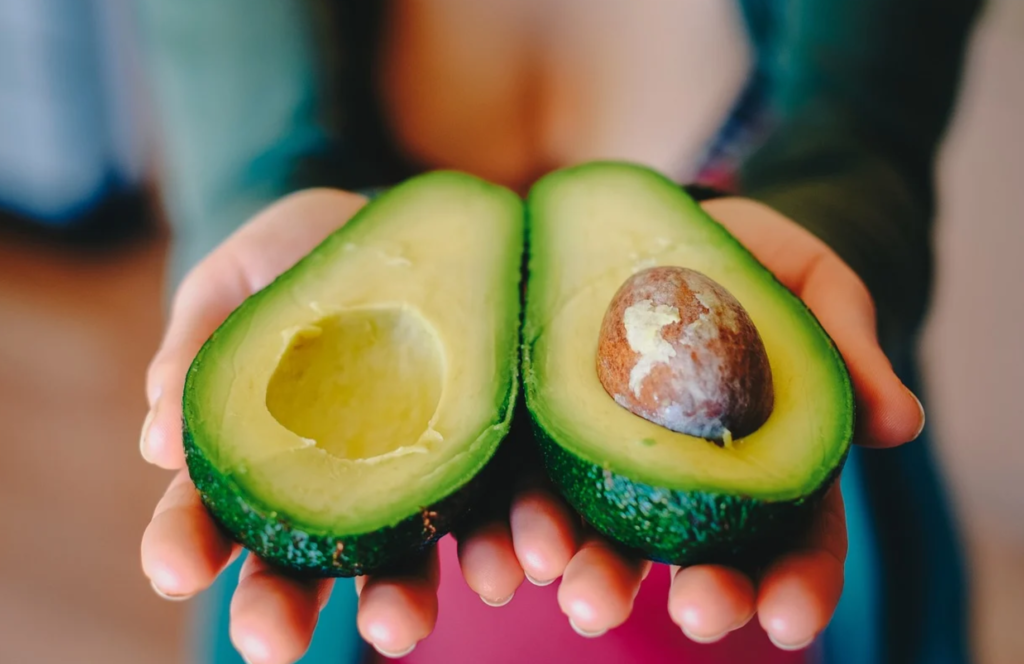
4. Avocados are high in healthy nutrients including monounsaturated fatty acids which can reduce stress levels
Avocados are not just crunchy, delicious fruit that can also provide omega-3 fatty acids. They add an amazing texture and flavor to many dishes, like guacamole or slices added straight to a salad.
The federal government recommends a daily intake of 1.6 grams of ALA for adult men and 1.1 grams for women.
Avocado has many benefits, beyond just their good fats and healthy omega-3s. They're a great source of fiber, phytochemicals, and nutrients like vitamin C and folate. According to the National Health & Nutrition Examination Survey, they're making a splash with their incredible health benefits.
Avocados have been linked to improved diet quality, nutrient intake and metabolic health as a whole. They also carry an incredibly low risk for common diseases related to inflammation such as high blood pressure and obesity.

5. Fish are a great source of protein and full of Omega 3 and health benefits. They also help to fight stress.
Many research studies explain how fatty fish like tuna can help to reduce your risk of heart disease and may also contribute to feelings of relaxation, happiness, and overall well-being.
Fatty fish include tuna, halibut, salmon, herring, mackerel, sardines, and lake trout. Tuna & Salmon are rich in Omega-3s which help lower the risk of strokes and heart attacks while also lowering body fat. Herring is a great source of Selenium that prevents inflammation; A study has been released that's found that mackerel is a high-vitamin snack.
Not a fan of fish? There are whole-food options, like seaweed, chia seeds, flaxseeds (eggs & soy milk), nuts & nut milks (omega-3 fish oil supplements). You can also try omega-3 supplements in the form of fish oil. They are available at your local health food store.
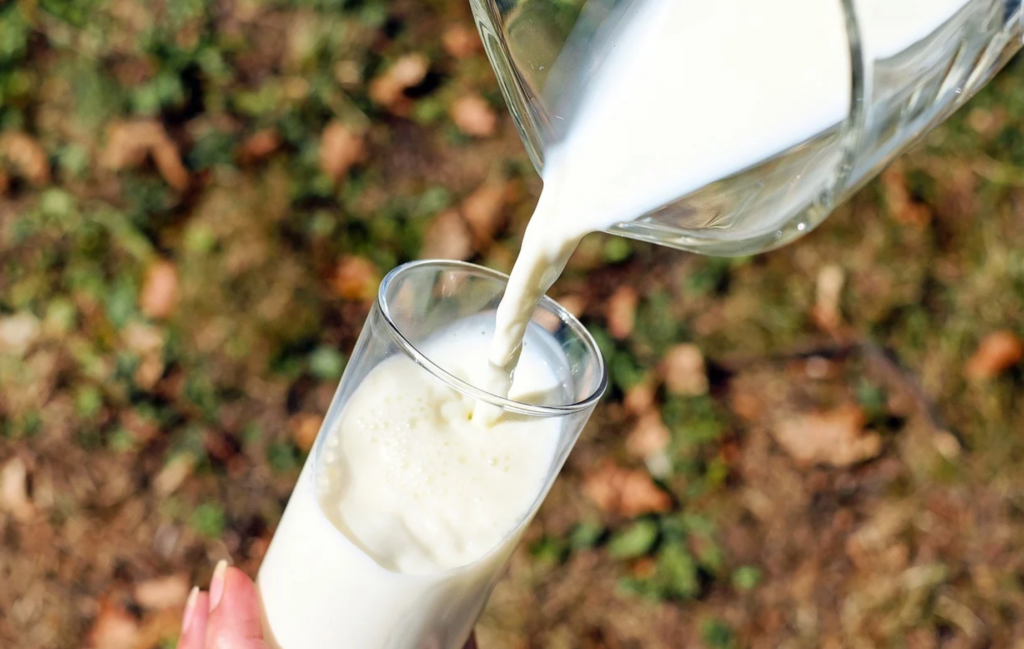
6. It is easy to forget that your nice glass of milk before bed can help you get a good night's sleep, assisting with the management of stress.
Drinking warm milk before bed can have many health benefits for your body and your mind. According to the website SleepAdvisor.org, it gets you ready for a better night's sleep by relaxing you on a psychological level. Some people prefer to drink warm milk before bed as it is seen as a relaxing activity. This can signal to others that it’s time to go to sleep, especially for those who are used to this. Additionally, sipping a warm beverage by yourself is an inherently relaxing process.
Other sources of calcium, like yogurt and cheese, are also excellent sources of dairy and are a healthy alternative for those who don’t drink milk. They may also be useful for those who have lactose allergies.
If you're lactose intolerant, canned salmon, almonds, sunflower seeds, and green leafy veggies are all good sources of calcium. However, the website notes that kale, broccoli, turnip greens and bok choy are particularly great sources of calcium.
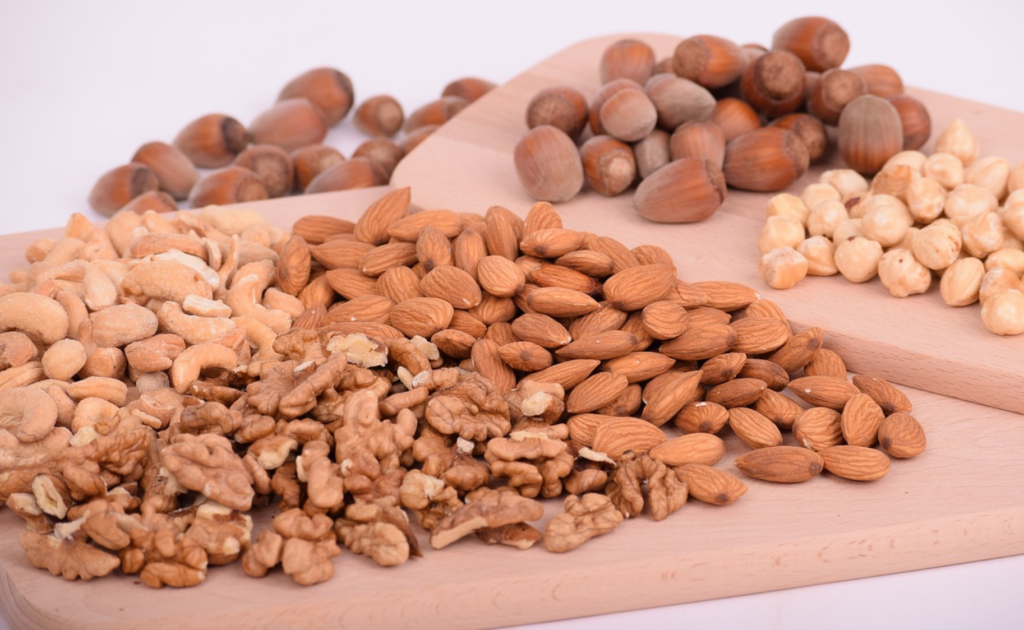
7. Nuts are a really great snack that can help you relax and are high in healthy fats.
Nuts are nutrient-rich and known to contribute to a healthy diet. They also contain healthy fats that help raise your mood.
B vitamins are important for health. Almonds, pistachios and walnuts are also good sources of some heart healthy nutrients that can help reduce stress and blood pressure levels.
According to a past study, pistachios in particular can have a role in reducing stress levels. If you're looking to eat just a few servings throughout the day, remember that they are high in calories and that consuming too many could cause weight gain.
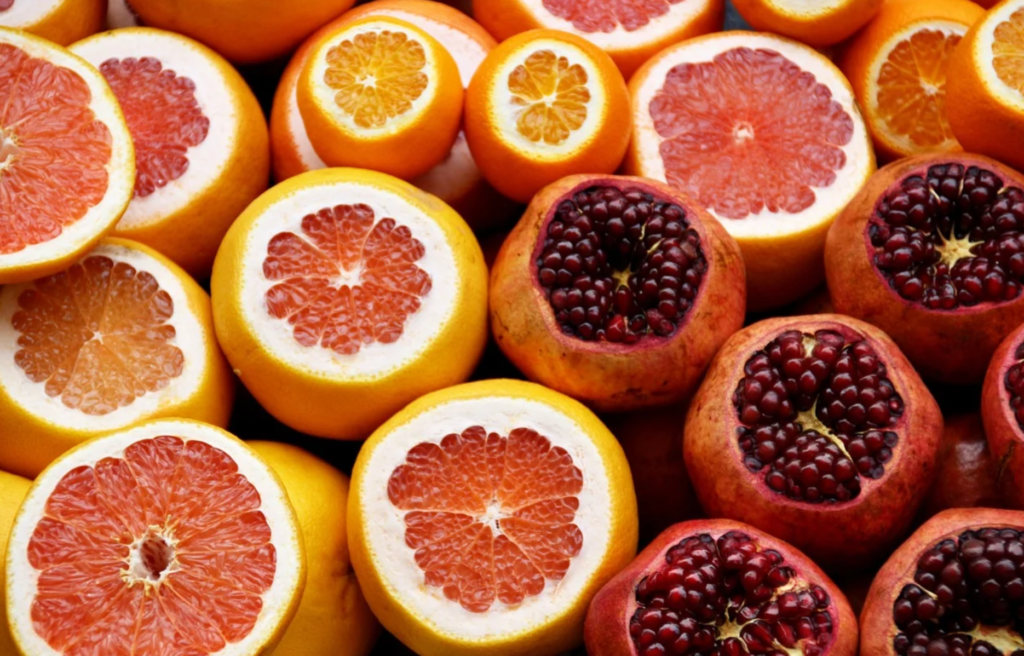
8. Citrus fruits can contain Vitamin C, which helps fight stress. Strawberries are one of the fruits that contain the highest levels of Vitamin C.
There is some evidence to suggest that taking vitamin C may help ease stress levels.
Vitamin C is found in many foods including oranges, strawberries, broccoli, and green peppers. It is also available as a supplement. There is some evidence to suggest that taking vitamin C may help ease stress levels but further research needs to be done to support the findings.

9. Probiotics can help you maintain your gut microbiota balance and thus reduce your stress
Gut health is important and so is having the right microbes in your guts. Probiotics can help boost immunity, reduce harmful bacteria, and improve digestion. More details from Harvard Health Publishing.
Gut bacteria can produce molecules that positively influence mood, such as serotonin and GABA. Probiotics are available in a supplement form, but they’re unregulated by the U.S. Food and Drug Administration (FDA) in terms of both quality and cost. They can be more expensive than their food form, as well.
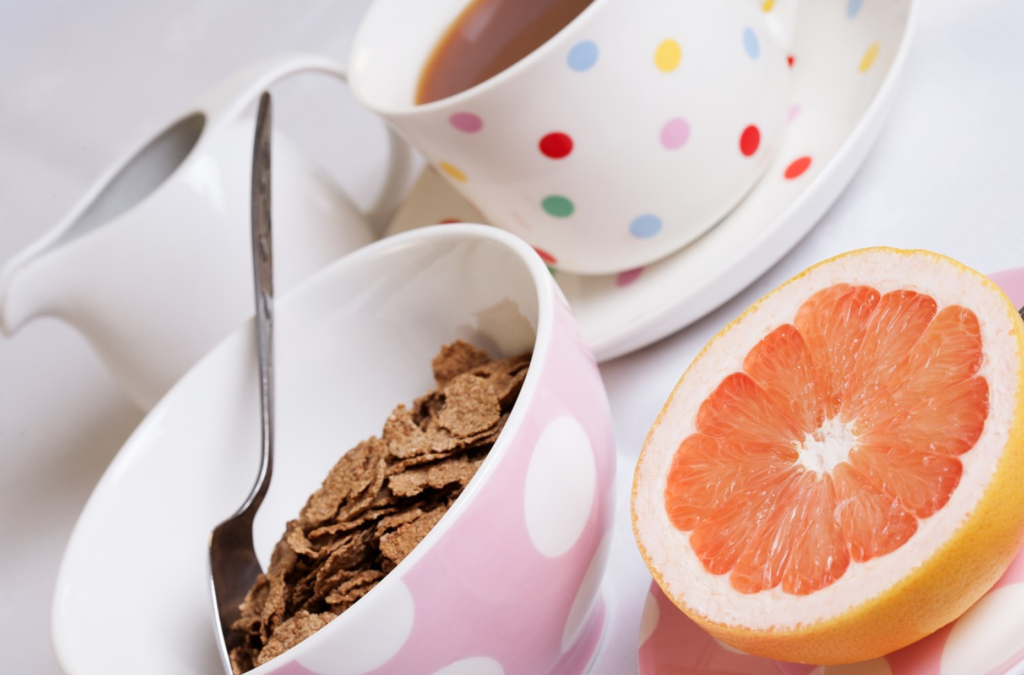
10. Foods high in fiber have been found to be beneficial for improving mental health practices.
High fiber diets have been connected to less anxiety, depression and stress. Preliminary research on the effects of fiber on rats published in the journal "Pharmacological Research" suggests that fiber fights oxidative stress and inflammation, effects that previous research tied to cancer, along with other health conditions.
To get more fiber in your diet, consider adding lots of vegetables & fruits rich in this vital nutrient to your meals. Whole grains like beans, green peas, berries, almonds, and so on are also great sources. For most people a diet high in these kinds of foods will be very helpful for improving your digestive health.
Please call Superior Compounding Pharmacy in Plymouth Michigan to speak with one of our licensed pharmacists today at 734-404-6065. We can help answer any medication questions that you may have.



